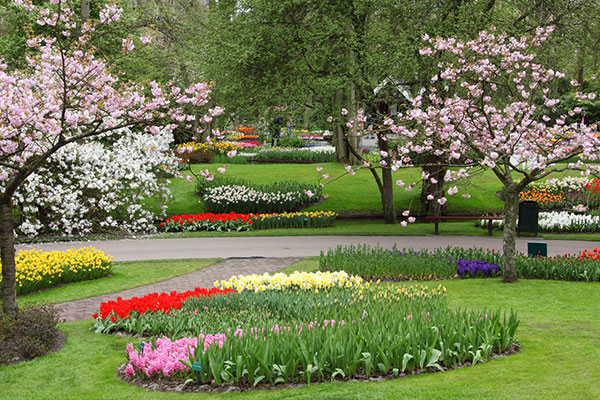Plants need specialized attention based on their growing requirements. Knowing a few key points about your plants and what they need will change your thumb from black to green in no time!
Every plant needs the following things. Don’t just guess at the amounts. Do your research to find out exactly how much of each your plants prefer.
- Plants get their energy from the sun through photosynthesis, so most of them need direct sunlight for several hours each day, especially plants that produce fruits and vegetables. Some plants actually thrive in shady areas. Study your yard or garden area for a few days to see how much sunlight it actually gets, then buy plants that will suit it best based on the amount of sunlight.
- Some plants can get by on the water in the soil, but many need watering daily in order to look their best and produce beautiful blooms, fruits and vegetables. Think about where your water sources are and how you will get water to your plants before planting them. Adjust your watering depending on how much rain your garden is getting.
- In most cases, plants get the nutrients they need from the soil. However, you may have to add potassium, phosphorus, or nitrogen to the soil via fertilizer in order to see them thrive. Nutrients not only help the plants grow, but when we eat vegetables, they are our main source of the same vital nutrients.
Once you have provided the correct amounts of these essential elements, you will need to consider a few other things to make sure your plants grow big and healthy.
First, figure out what zone you live in. You can do this easily on the internet. Even the best gardener can’t grow plants in the wrong climate. When you know what zone you’ll be growing plants in, you can easily check the back of seed packets or research what plants do best in your zone.
Also, know the growing season for your area. Growing season is the first planting to the last opportunity to harvest. You need to know the earliest possible time to plant to escape the danger of frost but also to give long-growing plants such as melons a chance to fully mature. If your area doesn’t have a long growing season, consider purchasing or making a greenhouse.
Education is everything. If you don’t know about gardening, ask questions! Chances are, you know someone who’d love to share tips and tricks with you. Ask them what kind of topsoil and fertilizer they use and how often they water certain types of plants that you intend to grow.
Focus on one type of plant. Get good at that one before you attempt something else. It doesn’t matter what it is, but the best advice is to make it practical. Plant the same kind of flowers all over your yard and give them all of your time and attention so that next year you can add another variety to the mix.

